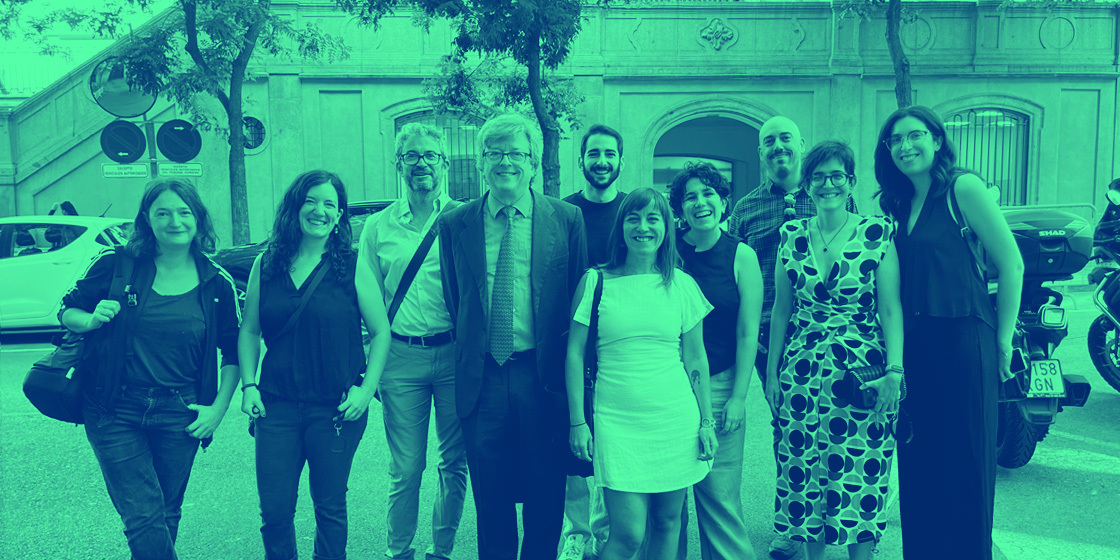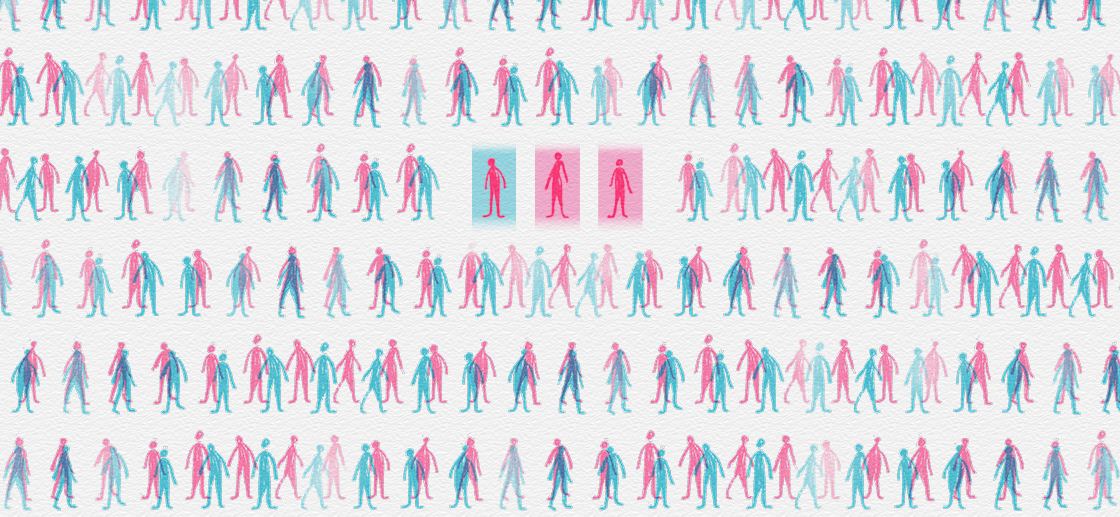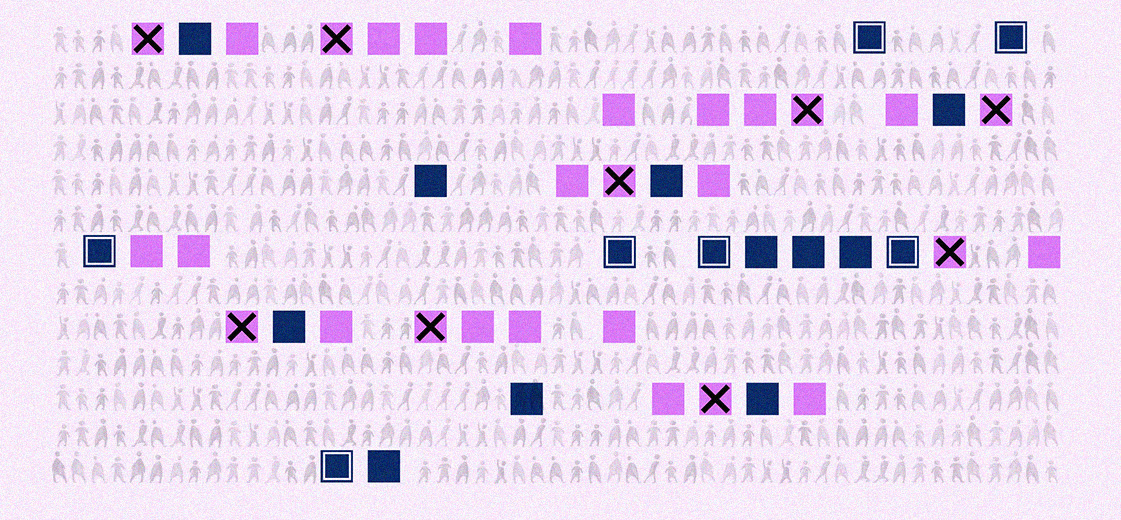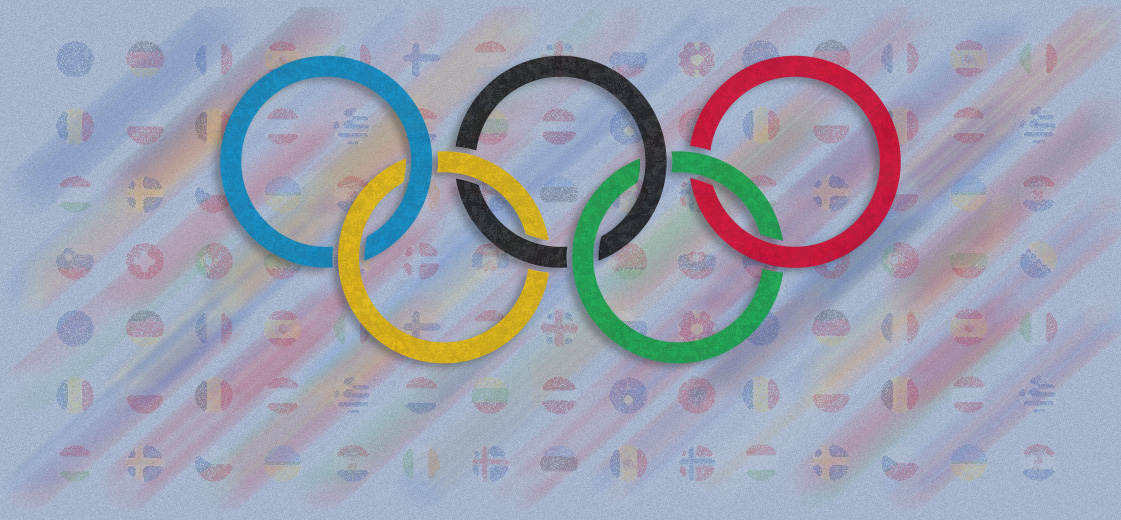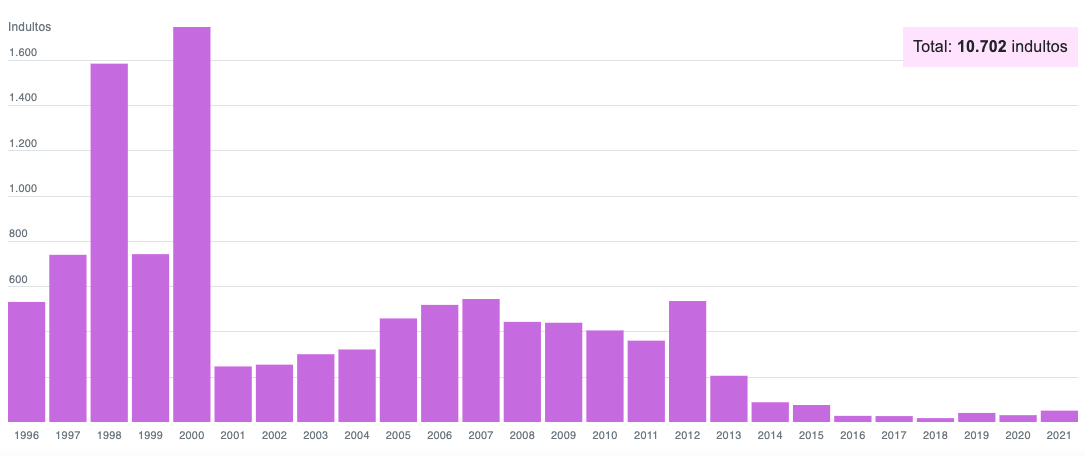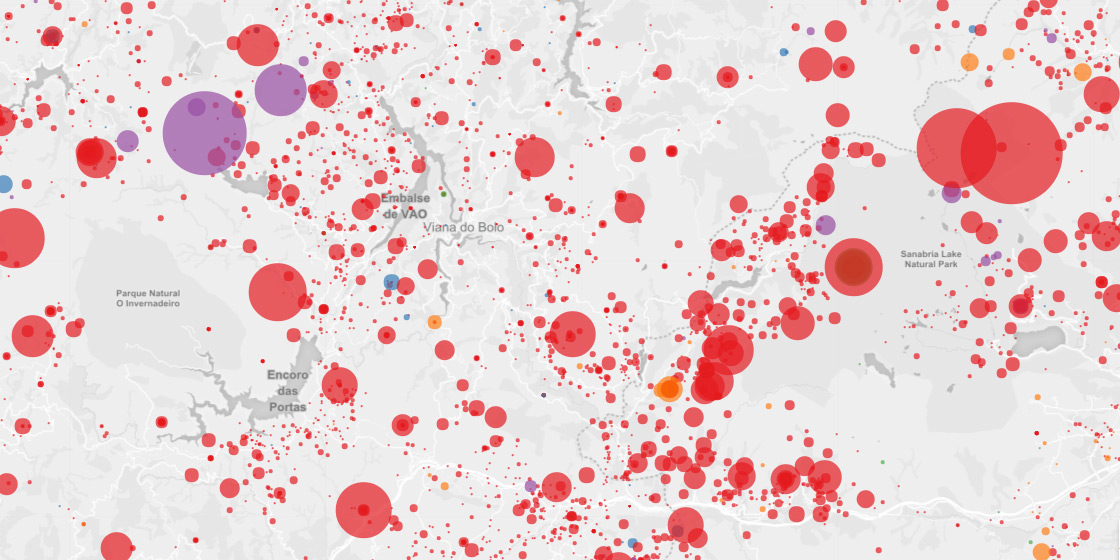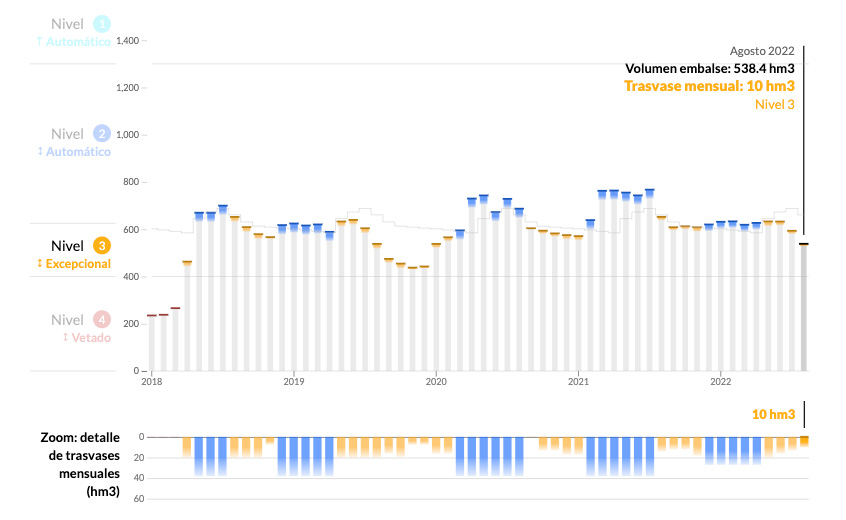The Latest
Civio pulls back the curtain on public algorithms: Spain’s Supreme Court orders the Government to release BOSCO’s source code
The precedent-setting ruling states that public decision-making algorithms require transparency and oversight. The court rejects claims that national security or intellectual property can absolutely limit what it calls a constitutional right to public information.
Mole or cancer? The algorithm that gets one in three melanomas wrong and erases patients with dark skin
The Basque Country is implementing Quantus Skin in its health clinics after an investment of 1.6 million euros. Specialists criticise the artificial intelligence developed by the Asisa subsidiary due to its "poor” and “dangerous" results. The algorithm has been trained only with data from white patients.
Spain’s national health service will use facial recognition on 170,000 patients in Ceuta and Melilla
The INGESA system has a "very high initial risk". Its data protection analysis is "insufficient and inconsistent" and may discourage patients from seeking necessary healthcare.
Spanish prisons use a 30-year-old algorithm to decide on temporary releases
More than 200 court rulings in 2024 cite an algorithm that classifies foreign prisoners without ties as high risk, even if they lack other risk factors.
Spanish National Police stop using Veripol, its star AI for detecting false reports
The Ministry of the Interior states that they have rejected its use because it is not valid in judicial proceedings.
Major Investigations
Journalism, data, and context to shed rigorous light on the grey areas of public affairs.
-
Civio pulls back the curtain on public algorithms: Spain’s Supreme Court orders the Government to release BOSCO’s source code
-
Spain’s national health service will use facial recognition on 170,000 patients in Ceuta and Melilla
-
Mole or cancer? The algorithm that gets one in three melanomas wrong and erases patients with dark skin
Algorithms
Read the complete series→
Action
Reporting is just the beginning. We push for accountability and open up public institutions to everyone.
We don’t settle for a “no”
We are taking legal action o uncover information that is being hidden from us, such as the actual price of medicines, the companions on official flights [ES], the source code of public algorithms, the identity of advisors [ES] of the government or to whom SAREB sells [ES] its subsidized housing.
We change the rules of the game
We transform our research into ideas to reform public procurement, understand the reality of public spending [ES], regulate lobbying [ES], explain automated decisions [ES], limit pardons [ES], open opaque registers [ES] or improve the Transparency Law [ES].
Tools
Civic tech that turns information into power: helping you understand how the public sector works—and claim your rights.
Benefits assistants
Thousands of vulnerable people are entitled to financial assistance to pay their electricity bills and are unaware of it. We can assist you in determining if you are one of them.
![Are you entitled to the Electricity Discount Rate? [ES]](/uploads/tool-bono-social2+.jpg) Check
Check
Answer a few simple questions and find out instantly if you are eligible to apply for assistance that covers basic needs.
![Can you get the Minimum Living Wage? [ES]](/uploads/tool-imv2+.jpg) Check
Check
Tools
-
Public money, explained without beating around the bush. Explore the General State Budget, check where the revenue comes from and what the expenditure is allocated to.
![Where do my taxes go? [ES]](/uploads/banner-dondevanmisimpuestos.png) Check
Check
-
“The TVE News Search Engine. Find any mention of people or topics since 2014 and analyze how media coverage has evolved.”
![Verba [ES]](/uploads/verba-civio_bn.jpg) Check
Check
